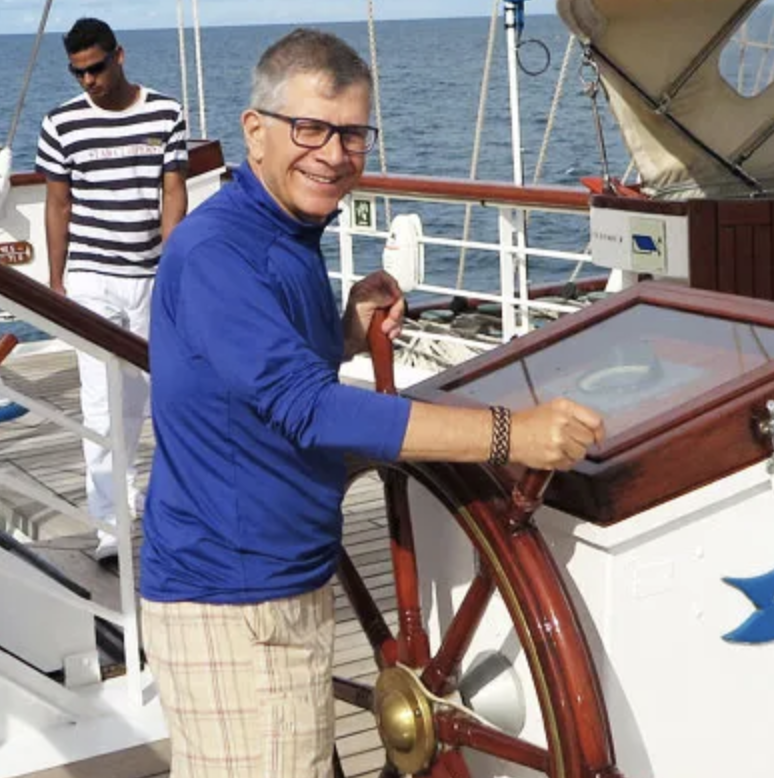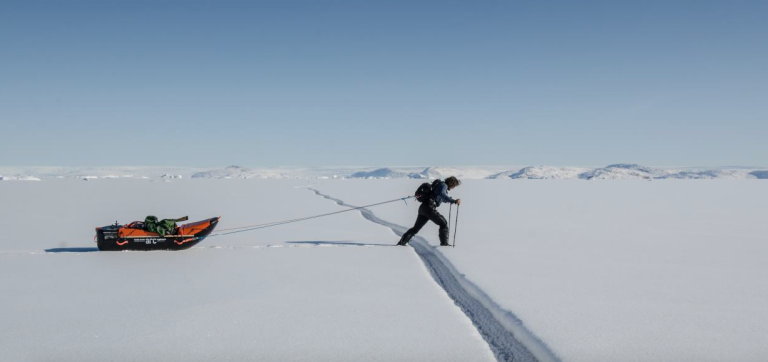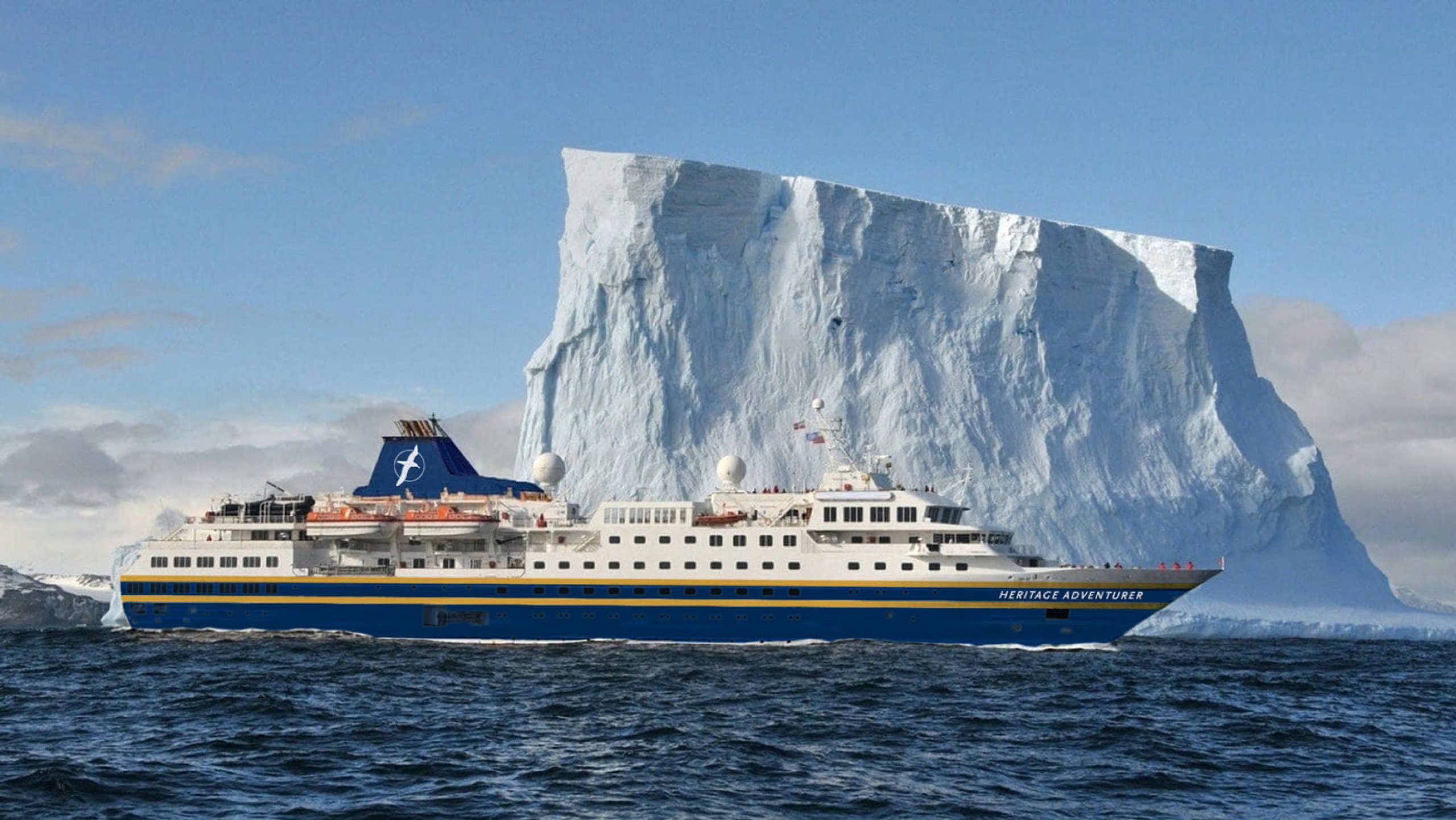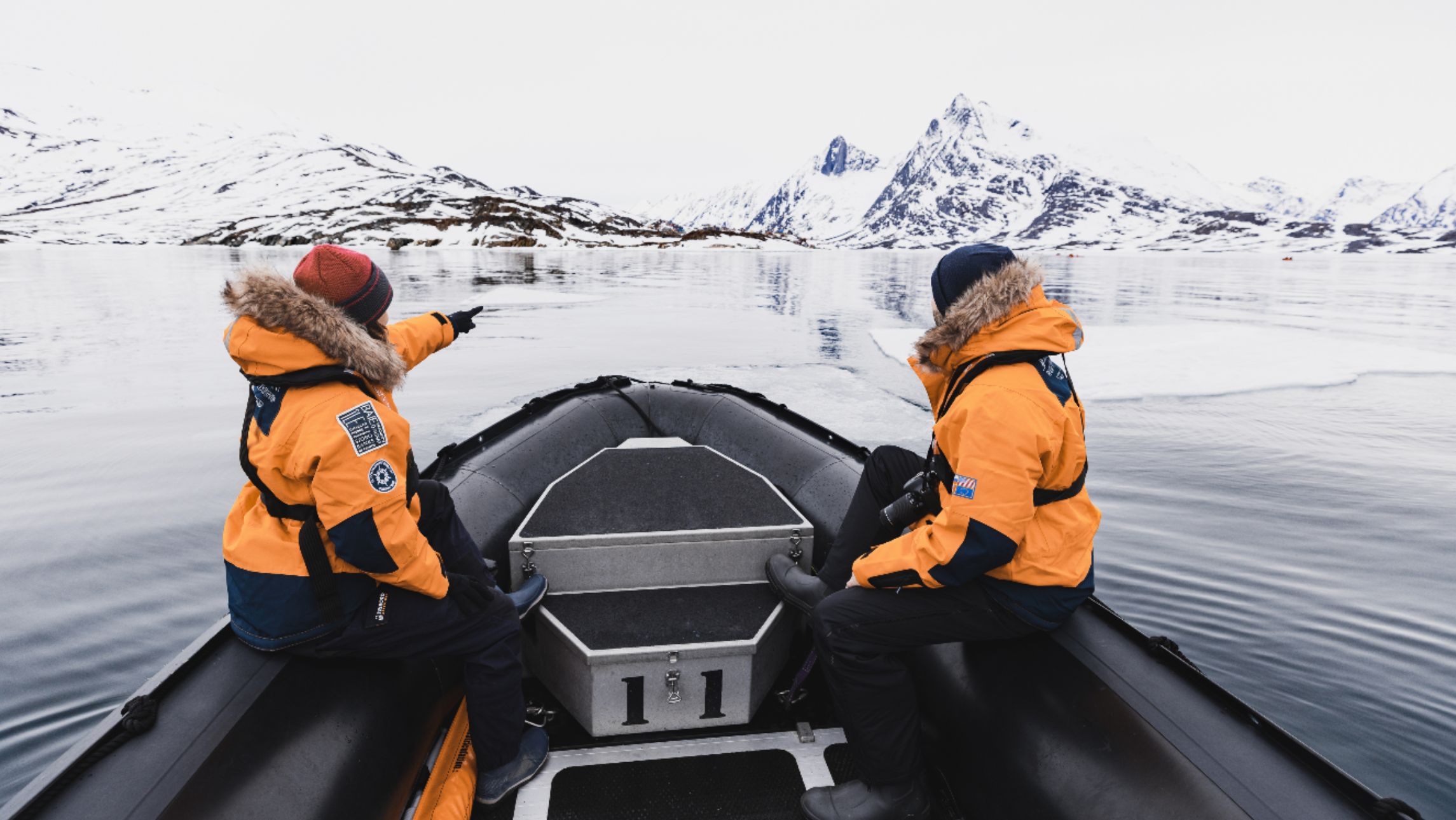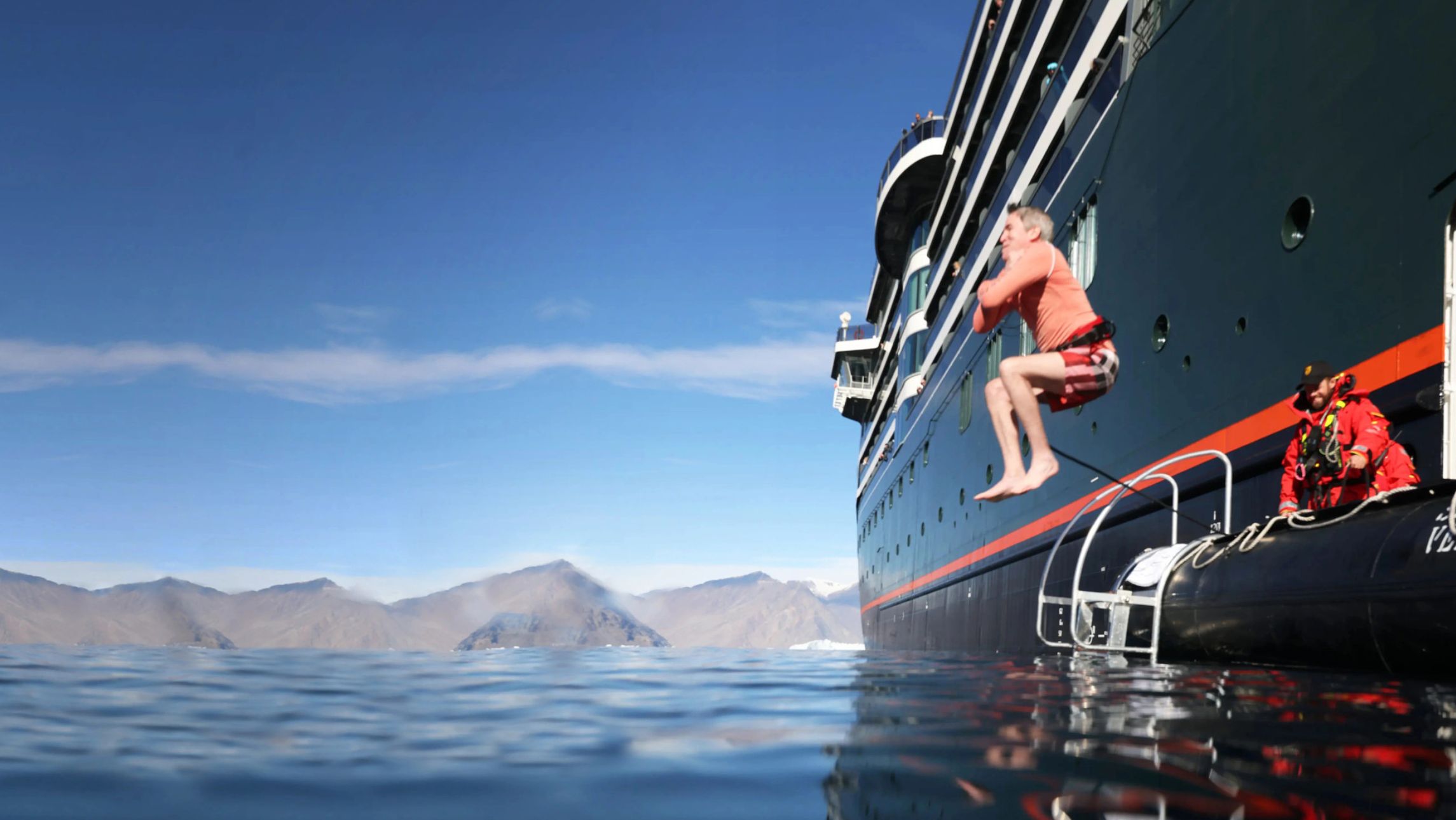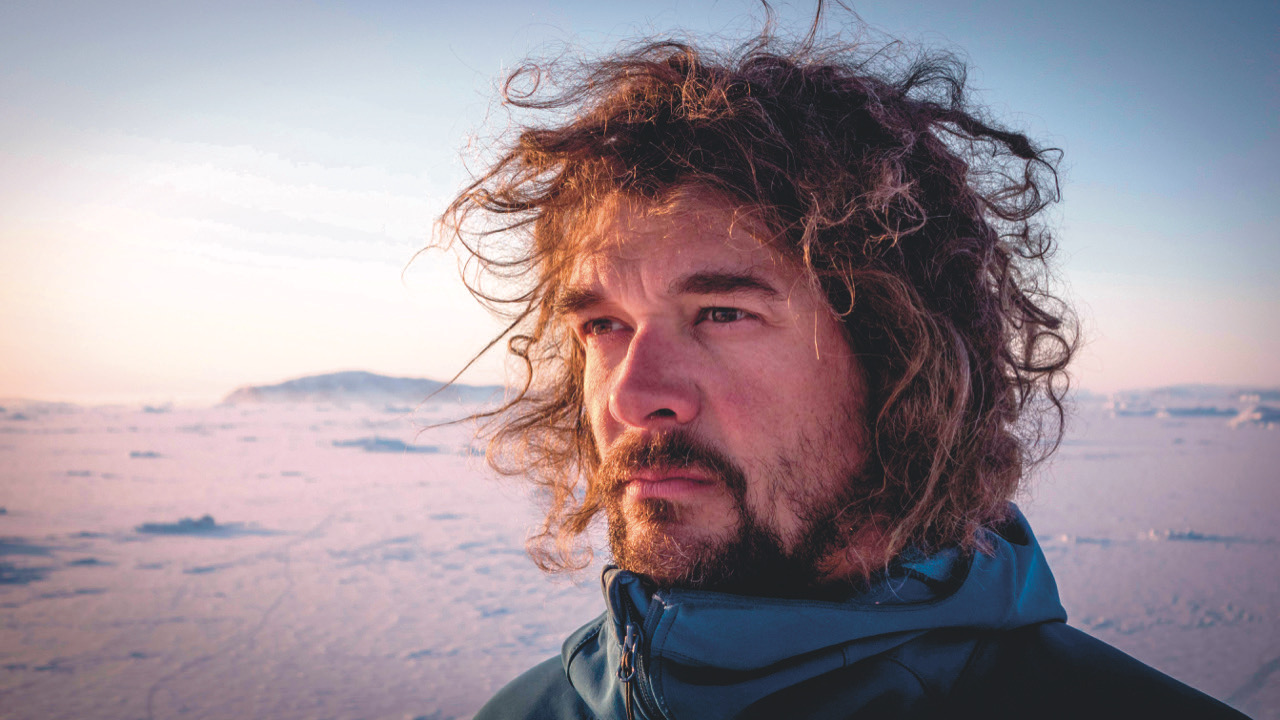 By Nicolas Dubreuil, Polar Expedition Leader with PONANT
By Nicolas Dubreuil, Polar Expedition Leader with PONANT
For more than 20 years, I’ve been on expeditions to the most isolated parts of the planet. From the Arctic ice pack to the deepest reaches of the Amazon rainforest, on foot, by kayak, on skis, by sleigh or by diving, I have spent long periods of time completely isolated from the rest of the world without any means of communication.
Isolation has always been for me an opportunity for positive introspection and an incredible renewal of adaptation and creativity, a kind of rebirth.
The great periods of isolation I experienced were often due to particularly difficult conditions linked to unfavourable weather or ice conditions. I spent weeks hiding in a snow hole waiting for the storm to abate, drifting on a piece of ice on which I had pitched my tent or crouched under my kayak waiting for the rain to stop.
Contrary to what many people think, it’s not exceptional physical fitness that makes an expedition a success, but the quality of the minds of its participants. The majority of the repatriations I had to organise during these expeditions were for people who could not stand the isolation.
At 3 in a small tent in the middle of the Greenland ice cap during a snowstorm, the time stretches indefinitely…
Here are a few tips on how to deal with this kind of time:
“When does it stop?”
Often, when you’re stuck with a team in severe isolation, the first question that comes up is, “When does it stop?”
The first risk is to underestimate this period of confinement by giving optimistic dates. Everybody remembers that endless hike where you are always promised that the summit is only 5 minutes away, just behind that hill!
In general, and as a guide, I ask myself the question as serenely as possible and I multiply the duration by 2. It’s better to be pessimistic and disappoint at the beginning than to extend periods as you go along. It is important that the team members can manage their own projection over time.
And if by chance the period is shorter, it will only be good news that will sweep away the bad news.
Never forget that “All things come to an end. ” and put it into perspective carefully. This is a snowstorm, not a bombing!
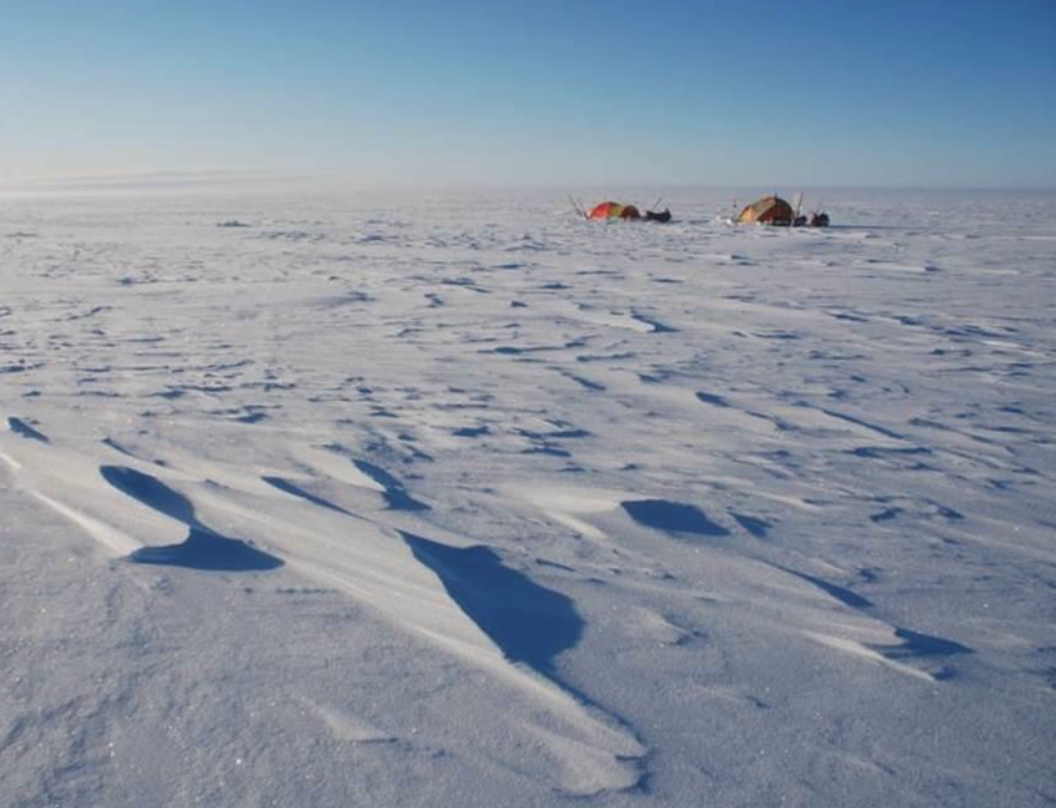 Learning and sharing
Learning and sharing
You have to learn how to make the best of the situation. Being stuck in the tent during the storm is a great time to rest, take care of yourself, repair, etc.
It is important to use your imagination and adapt to the situation rather than trying to control it. This is where the previous point is crucial because it allows you to give up a quick way out of a crisis and to grieve in order to better exploit what can be done.
This kind of period is an exceptional moment where we will have time to let our brain assimilate knowledge. This often neglected period is essential for learning.
It is also the ideal time to reflect on what has led us to this situation or place, to put in place plans and actions that prevent us from falling back into it and to visualize a positive future.
Set up a routine
Although creatively, boredom can be praised, it can be particularly destructive during a period of confinement. Therefore, it is necessary to immediately set up a schedule and timetable so as not to let boredom set in and always have something to do.
The setting up of this routine is quite subtle because it is necessary to foresee a moment of introspection (the length of which depends on each one), in order to let our creative sides explode, which will allow us to multiply tenfold our faculties of adaptation.
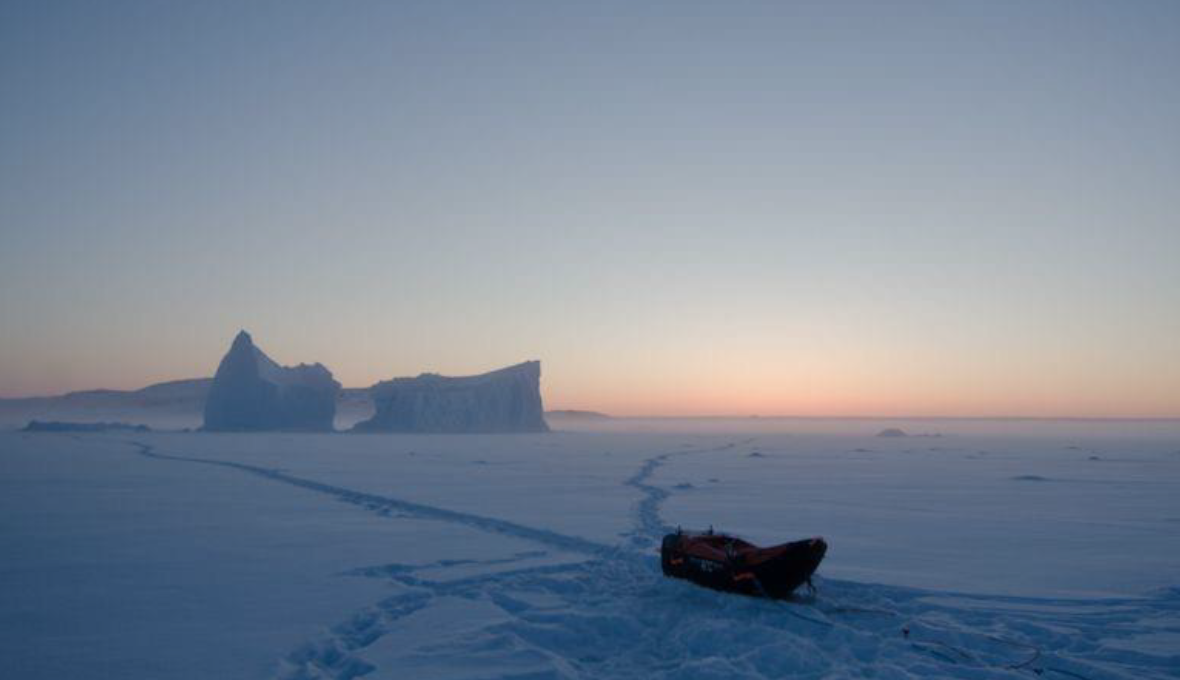 Taking care of others
Taking care of others
If you are not alone, altruism is especially important for the survival of the group. Thinking of others will distract you from the kind of self-centredness that develops in confinement.
Paying attention to others will be rewarding for you and for others… Everyone wins.
Everyone wins. It’s not just human beings, it’s your whole environment. Take the time (since you have it) to honour, observe and learn from your environment.
Savour the storm in all its beauty and strength, savour the rain that has been falling hard for weeks, savour the power of the wind that is blowing you to the ground, savour the cold that makes you completely numb, savour the sun that burns you… This is what makes you even more alive! That which does not kill you, makes you stronger
*Ponant’s Polar expedition leader Nicolas Debreuil is used to living in isolation where he spends much of his time in the Arctic and Antarctica. He travels on foot, by ski, sled, kayak when he visits Alaska, Spitsbergen, South Georgia, Greenland, Iceland, Siberia and the Antarctica when he leads expedition parties to remote and stunningly beautiful regions.
See expeditions with Nicolas at au.ponant.com

